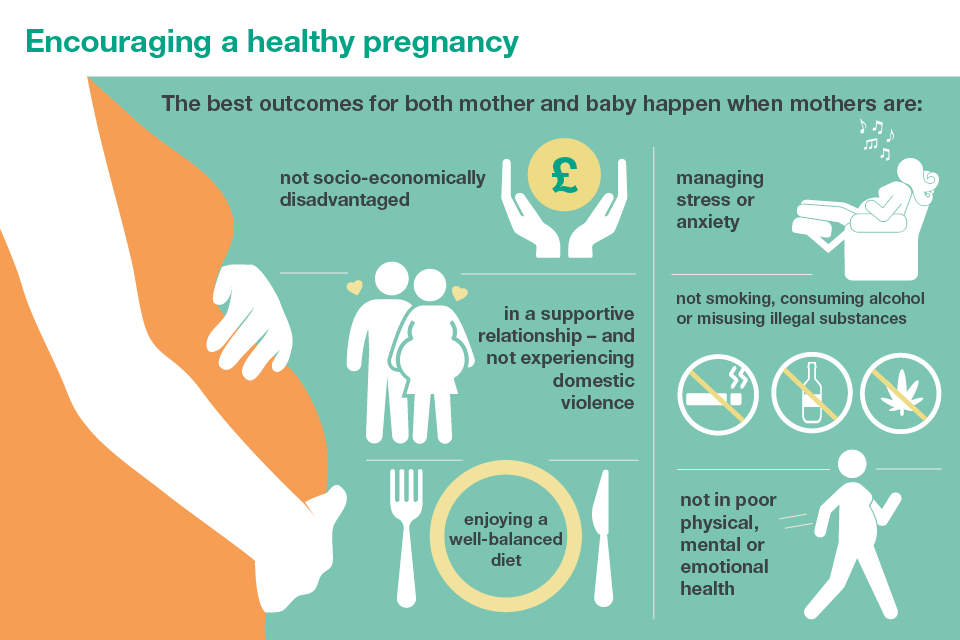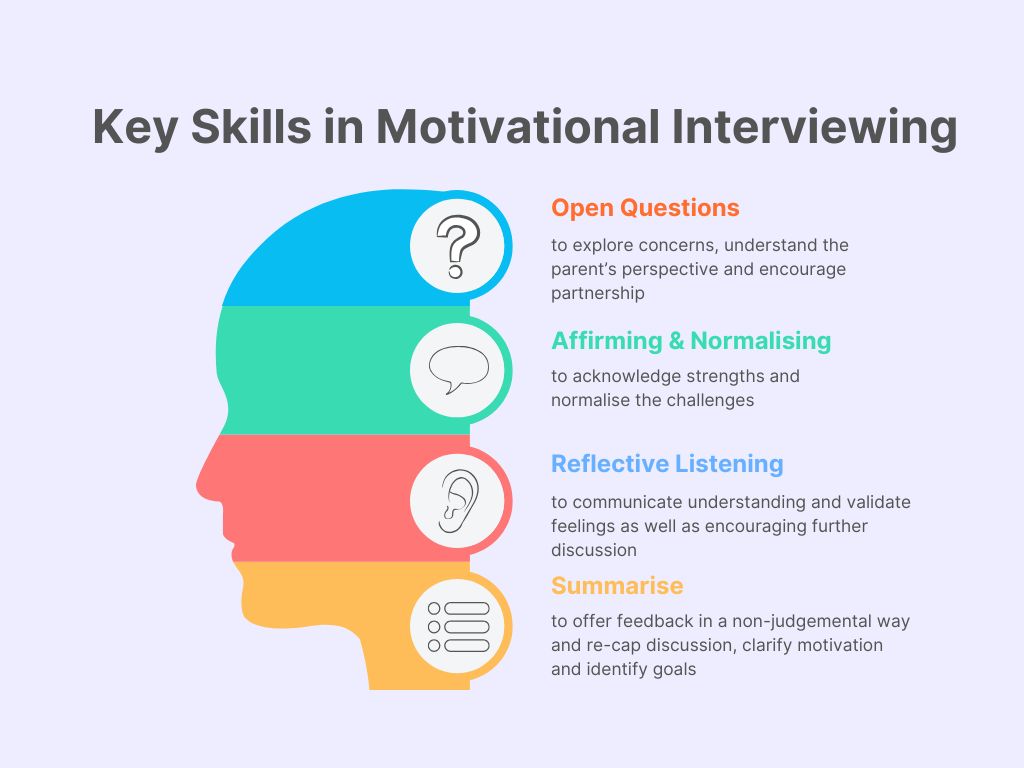Introduce
Investing in healthy prenatal and early life practices provides babies with the best start in life.
Healthy prenatal habits play a vital role in shaping outcomes for both mother and baby. Practices such as avoiding smoking, alcohol, and drugs reduce the risk of low birth weight, premature birth, and complications. Prenatal exposure to harmful substances has been linked to an increased likelihood of chronic conditions later in life, including diabetes, obesity, and cardiovascular diseases.
Prioritising education and support for expectant parents can help empower families to make informed choices. These efforts can result in more babies being born into environments that promote positive wellbeing and development.

Image source: www.gov.uk
Establishing postnatal routines early, like consistent sleep schedules and balanced nutrition, lays a strong foundation for a healthy lifestyle for the whole family. Routines support the health and wellbeing of both the mother and the baby during a critical period of adjustment and recovery. It doesn’t have to be rigid—it just needs to provide a steady rhythm that supports everyone’s needs.

Develop
Motivational interviewing can be used as a person-centred supportive approach to communicate and support parents with healthy lifestyle choices and routines.

You can read examples about how this might be applied to a discussion about breastfeeding with a parent here.
Reflect
Stop and Reflect: Use the following questions to explore how you can best support and educate parents to establish healthy habits and routines:
– How effectively do you use the techniques outlined in motivational interviewing to guide conversations about choices and change?
– How might you help parents explore and articulate their own motivations for adopting healthier habits?
– How might you handle resistance or ambivalence?






